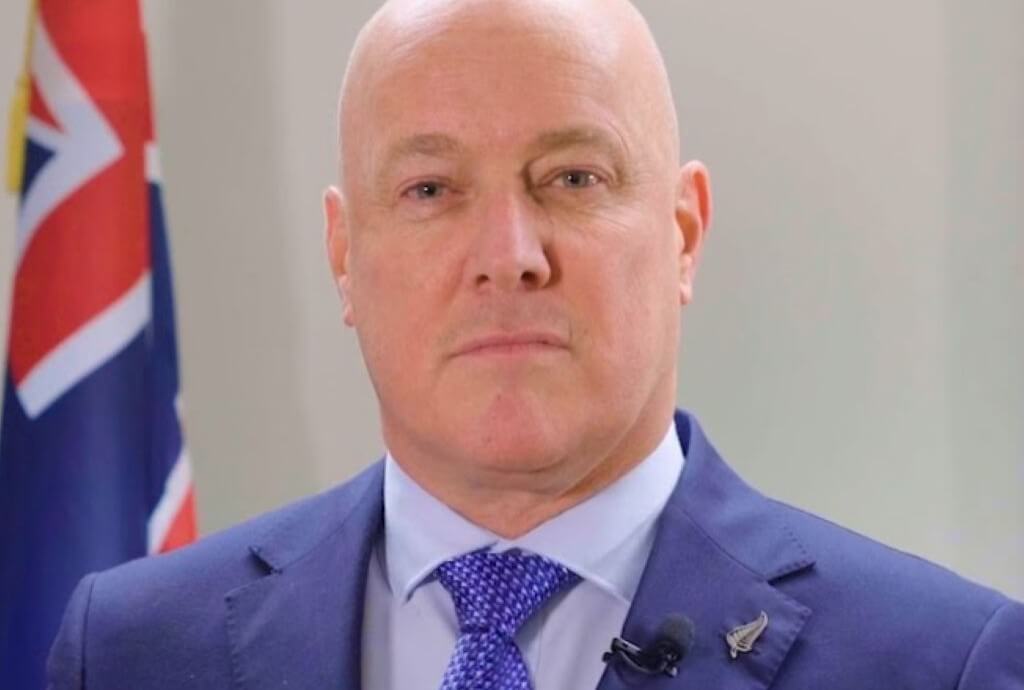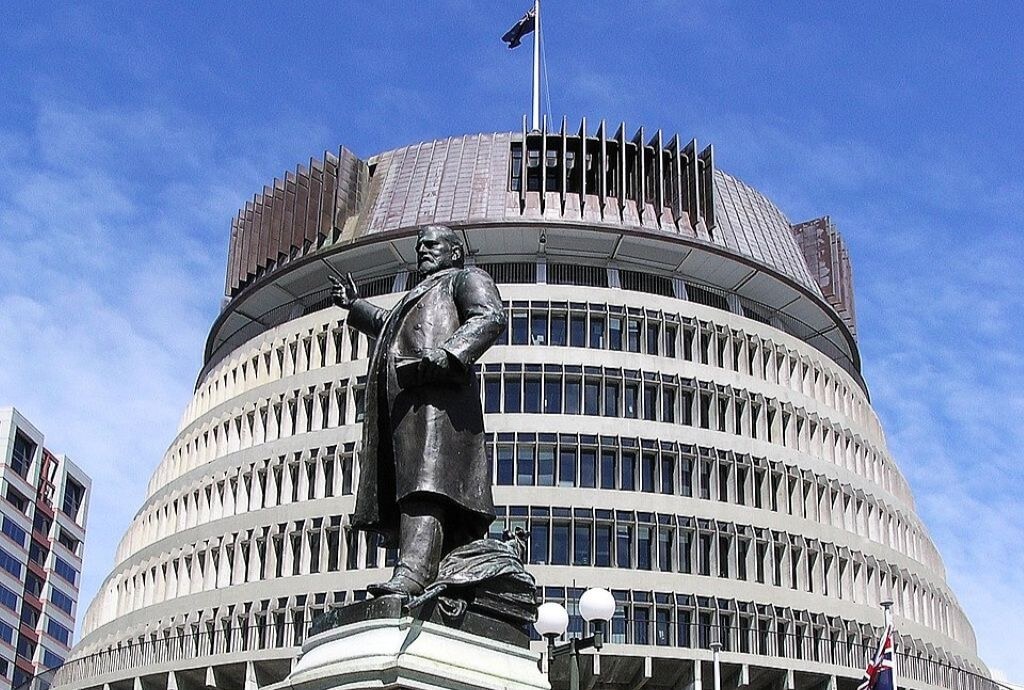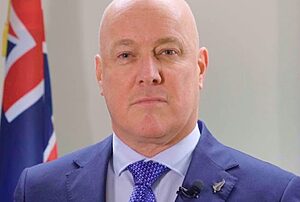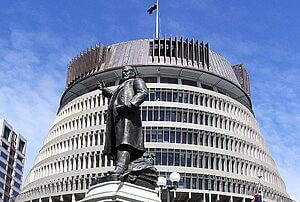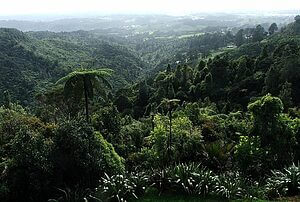Summarised by Centrist
A new push to overhaul New Zealand’s English and maths curriculum is being led by an advisory group appointed by Education Minister Erica Stanford, with a focus on restoring academic rigour and reducing political influence in the classroom.
The group includes Professor Elizabeth Rata, a long-time critic of embedding identity-based content and unchallengeable cultural beliefs into the core curriculum.
Rata, a sociologist of education, has argued for a “knowledge-rich” curriculum grounded in modern science and academic disciplines. In a recent interview with American philosopher Peter Boghossian, Rata said: “Social groups can believe whatever they want to believe, but school and university is for modern science… There is no place for traditional knowledge in a curriculum except as an object of study.”
The government’s reforms replace Labour-era draft curricula– praised by some teaching groups for centring mātauranga Māori and Treaty principles.
Critics of the new direction include teacher unions New Zealand Educational Institute (NZEI) and New Zealand Association for the Teaching of English (NZATE). The latter withdrew from the curriculum working group for English, calling the document “not fit for purpose.”
OIA documents show that Rata and group chair Dr Michael Johnston began selecting writers before receiving full ministerial signoff—actions the Ministry later accepted.
The revamped curriculum prioritises academic “quality” over cultural representation. Rata says literature should reflect universal human experience, while Johnston and others back a return to traditional subject knowledge. The Ministry confirms fewer references to Te Tiriti and te reo Māori in the new English and maths documents, with other subjects still under review.
Editor’s note: Jessie Moss’s original article in E-Tangata frames the reforms as ideologically driven and dismissive of Māori knowledge, but this summary has focused on outlining the process, actors, and ideas behind the reforms themselves.



